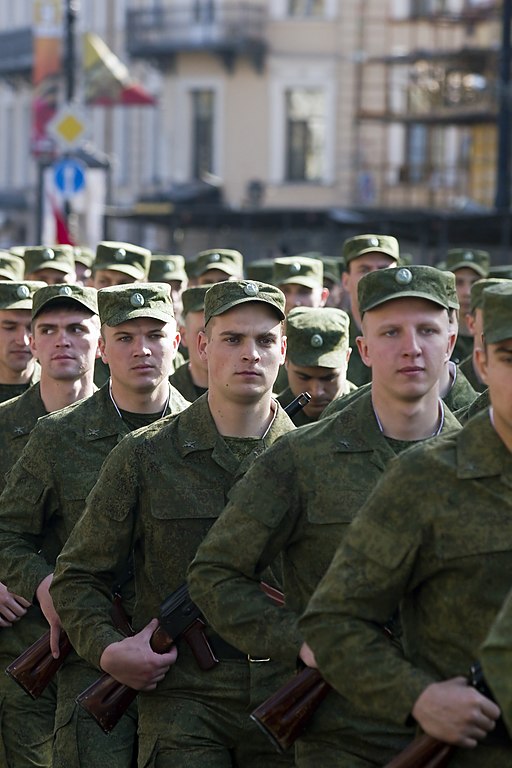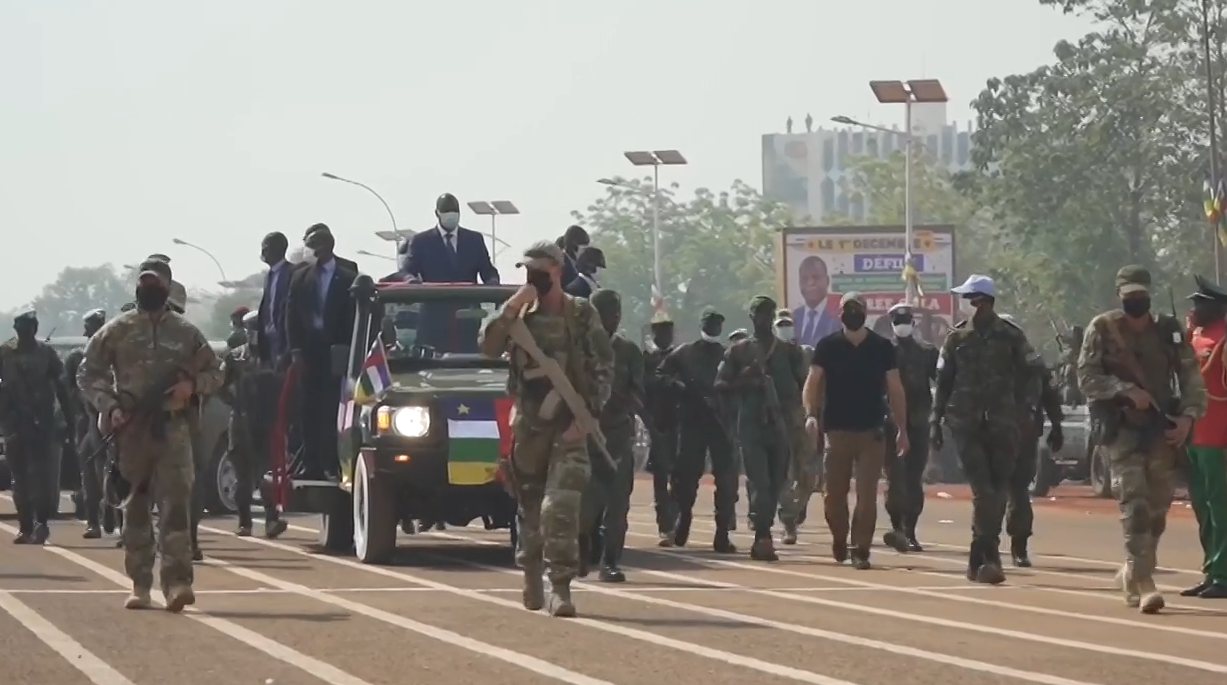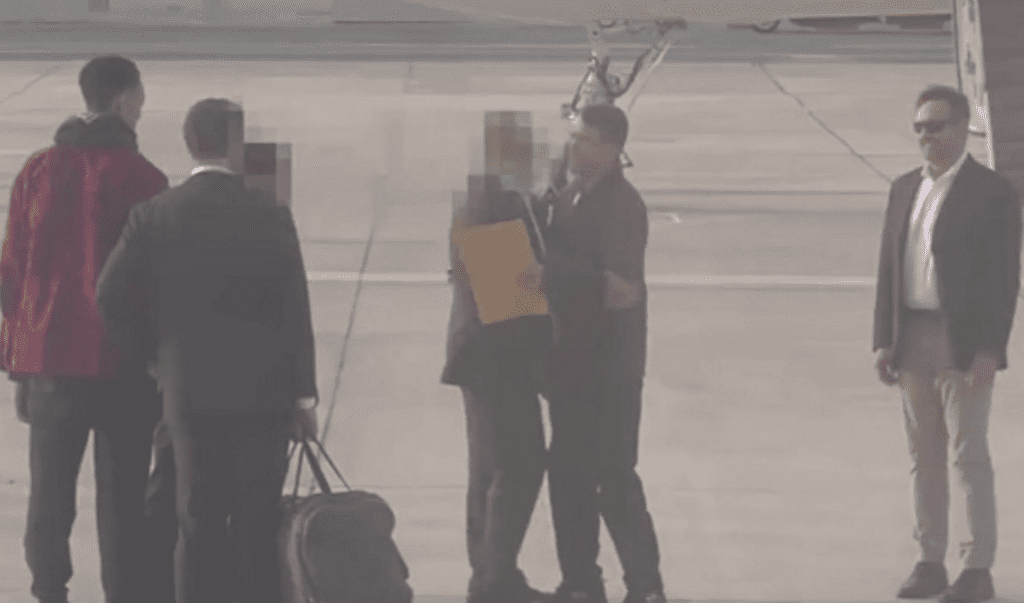No group in history has been as dangerous as soldiers who feel betrayed. Whether they are conscripts, volunteers or mercenaries, the men who fought for a cause that later became reviled as failed or wrong, are neglected at great peril. From the ‘auction of the Roman empire’ in CE 193—when the wealthy senator Didius Julianus literally bought the (temporary) allegiance of the Praetorian Guard by offering more cash than his rival—to the US-trained Afghan special forces, abandoned two years ago, and now being recruited by Russia, the menace of forgotten soldiers is a recurrently unlearned lesson of history.
Some in the western commentariat are salivating over the Wagner Group mutiny against the Russian military establishment, celebrating the anger channelled by Yevgeny Prigozhin against President Vladimir Putin. That’s myopic. Whatever the political outcome in Moscow, Moscow will certainly appease the grievances of the soldiery. The winner will be angry, toxic masculinity fused with militarized ultra-nationalism.
The sentiments shared by forgotten soldiers are easy to understand. Their shared experience of combat generates heightened emotions and deep bonds of solidarity. When the war is over, their skills are no longer valued. This readily mutates into a sense of collective victimhood. Bitter veterans often despise civilian political leaders; they often nurture misogynistic values. Theirs is an infectious sentiment that can be eagerly adopted by other men who missed out on the war and long to earn their own badge of courage so as to join the club.
The catalogue of calamities unleashed by forgotten fighters is cause for alarm. Just four cases from the last hundred years provide ample illustration.
After 1919, aggrieved soldiers of the Imperial German Army were among those most committed to the story that the Great War had not been lost on the battlefield but on account of a ‘stab in the back.’ A decorated veteran, Corporal Adolf Hitler, emerged as the compelling advocate for re-fighting the war, with double the resolve next time around, having first purged the traitors and weaklings. So indelible was the stigma of surrender that they fought to the last.
Al-Qaeda began as a welfare and employment scheme for the ‘Arab Afghans’—the international brigades of volunteers from the Arab world who joined the jihad against the Soviet Union in the 1980s—and had nowhere to go when that war ended. Usama bin Laden offered them a home. Al-Qaeda began by offering them jobs on construction projects and farming schemes in Sudan, while those with disabling war injuries got pensions. After Saudi Arabia rebuffed bin Laden’s proposal to remobilize the Arab Afghans as an alternative to the U.S. Army to expel Saddam Hussein from Kuwait, he launched his second jihad.
The demobilized veterans of South Africa’s Apartheid army turned to commercial mercenarism. Among the companies established was Executive Outcomes, which fought in Sierra Leone and elsewhere. Theirs was a template for a host of private military companies which operated across the Middle East and Africa.
The notorious Janjaweed militia used by Sudanese president Omar al-Bashir to suppress a rebellion in Darfur twenty years ago, were then vilified internationally and disowned by their sponsors. Cast adrift, militiamen began to mutiny—one group labelling themselves ‘the forgotten soldiers.’ Brought back into the fold, under the capable and merciless leadership of commander Mohamed Dagolo ‘Hemedti’, they became as powerful as the regular army and deposed their patron, al-Bashir. Now they are destroying the state, showing that tactical acuity and battlefield experience can outmatch the firepower of the regular army’s aircraft and artillery.
The military men who negotiate the deals that end civil wars are attentive to this. They fold material recompense for their footsoldiers into the text of an agreement—what’s known as a ‘payroll peace.’ For the rank-and-file, it’s an expensive but hopefully temporary expedient. Officers are licensed to stick their fingers into the national honeypot—for good.
The political psychology of dignifying the soldiery is harder to quantify but may have incalculable costs down the line. Myths of honorable causes abandoned, of national entitlements betrayed, endure for generations. Whatever the DNA of the original seed of discontent, the laws of militarist mutation decree that the plant that grows will be toxic.
Whatever the immediate political repercussions of Yevgeny Prigozhin’s short-lived mutiny, one thing is clear. The Kremlin is going to be very sensitive to the demands of soldiers, who claim to have been abandoned, for a long time to come.
Photo: Russian soldiers in Saint Petersburg (CC BY-SA 2.0)



